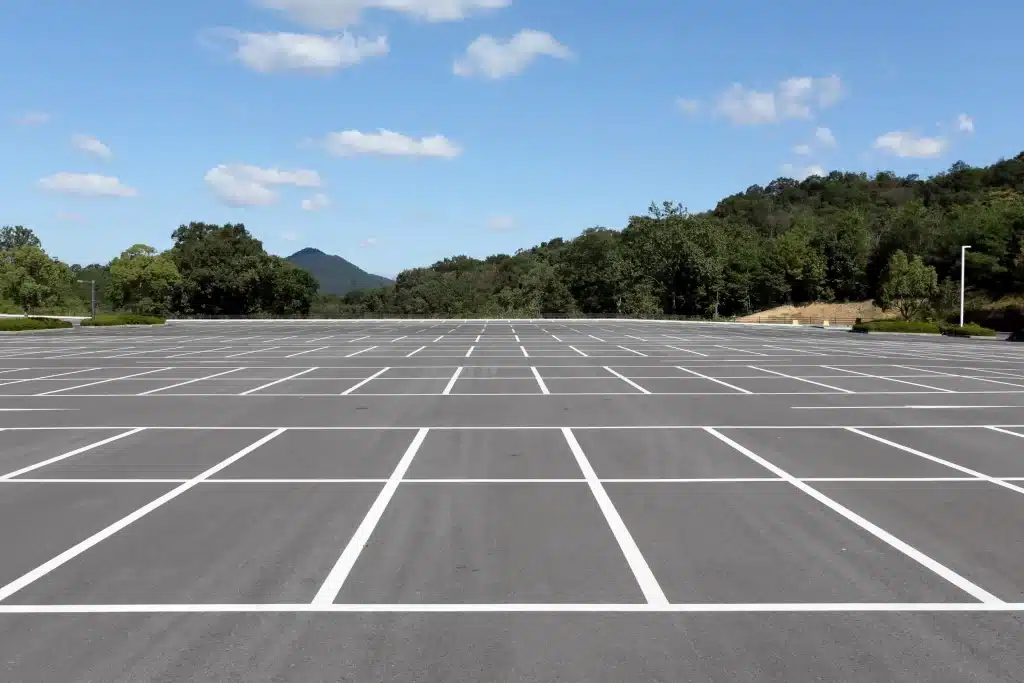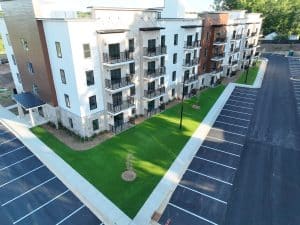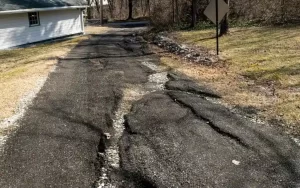As an asphalt paving company, we understand the significance of a well-constructed and long-lasting parking lot for businesses, residential areas, and various commercial establishments. The lifespan of a parking lot is a crucial consideration for property owners and managers alike. In this article, we will explore the factors influencing the durability of parking lots, common maintenance practices, and ways to maximize their lifespan.
Factors Influencing the Lifespan of a Parking Lot
Several factors play a vital role in determining how long a parking lot will remain functional. Understanding these factors can help you make informed decisions during the construction phase and plan for the future:
- Quality of Materials: The type and quality of materials used during the initial paving significantly impact the parking lot’s longevity. High-quality asphalt mixtures and aggregates ensure greater resistance to wear and tear.
- Construction Practices: Proper construction techniques, including adequate compaction and proper drainage, can prevent premature deterioration of the parking lot.
- Traffic Load: The amount and type of traffic the parking lot experiences directly affect its lifespan. Heavy vehicle traffic like trucks and buses can accelerate wear and lead to earlier deterioration.
- Climate and Weather Conditions: Extreme weather conditions, such as freezing temperatures, heavy rainfall, or prolonged exposure to the sun, can cause damage to the asphalt surface over time.
- Maintenance: Regular and timely maintenance is critical to extend the life of a parking lot. Neglecting repairs and necessary upkeep can lead to rapid deterioration.
Average Lifespan of a Parking Lot
On average, a well-constructed and properly maintained parking lot can last anywhere from 20 to 30 years. However, this timeline can vary based on the factors mentioned above. Some parking lots may require resurfacing or major repairs after 15 years, while others might remain in excellent condition for more than three decades.
Maintenance Practices to Extend Lifespan
To maximize the lifespan of your parking lot, consider implementing these essential maintenance practices:
- Regular Inspections: Schedule regular inspections to identify signs of distress, such as cracks, potholes, or drainage issues. Early detection allows for timely repairs, preventing further damage. Engaging a professional asphalt contractor for routine assessments can provide valuable insights and preventive solutions.
- Crack Sealing: Cracks are the most common issue in asphalt parking lots. Promptly seal any cracks to prevent water infiltration, which can weaken the pavement structure. Cracks left unattended can expand and lead to more extensive damage, potentially requiring costly repairs or resurfacing.
- Sealcoating: Applying a sealcoat every 2 to 3 years can protect the asphalt surface from UV rays, water penetration, and chemical spills, extending the life of the parking lot. Sealcoating acts as a protective barrier against harmful elements and minimizes the impact of regular wear and tear, helping to maintain the pavement’s integrity.
- Proper Drainage: Ensure the parking lot has adequate drainage systems to prevent water pooling on the surface. Standing water can penetrate the asphalt layers, leading to structural issues and deterioration.
- Swift Repairs: Address any damages promptly to prevent them from worsening and requiring more extensive and costly repairs. Small issues, such as potholes or minor cracks, may seem insignificant initially but can quickly escalate if not repaired promptly. Immediate repairs are cost-effective and prevent safety hazards for pedestrians and vehicles.
- Traffic Management: Employ traffic management strategies to distribute the load and reduce concentrated stress on certain areas of the parking lot. Designate specific entry and exit points, create directional arrows, and utilize speed bumps strategically to regulate traffic flow and minimize wear in high-traffic zones.
- Educate Users: Encourage proper usage of the parking lot by educating users about the importance of parking within designated spaces and avoiding activities that may cause damage, such as sharp turns or heavy braking.
- Seasonal Considerations: Adjust your maintenance practices based on seasonal changes. Winter weather, for instance, can be particularly harsh on asphalt surfaces due to freezing and thawing cycles. Implementing winter-specific maintenance, such as snow removal and de-icing measures, can help protect your parking lot during colder months.
Maximizing the Lifespan of Your Parking Lot
The typical lifespan of a parking lot depends on various factors, including construction quality, maintenance practices, climate conditions, and traffic load. By employing high-quality materials, proper construction techniques, and regular maintenance, property owners can extend the life of their parking lots and save on potential reconstruction costs.
As an experienced asphalt paving company, we are committed to assisting you in creating long-lasting, durable parking lots that meet your needs and exceed your expectations. Contact us today to discuss your parking lot project and ensure its longevity for years.







